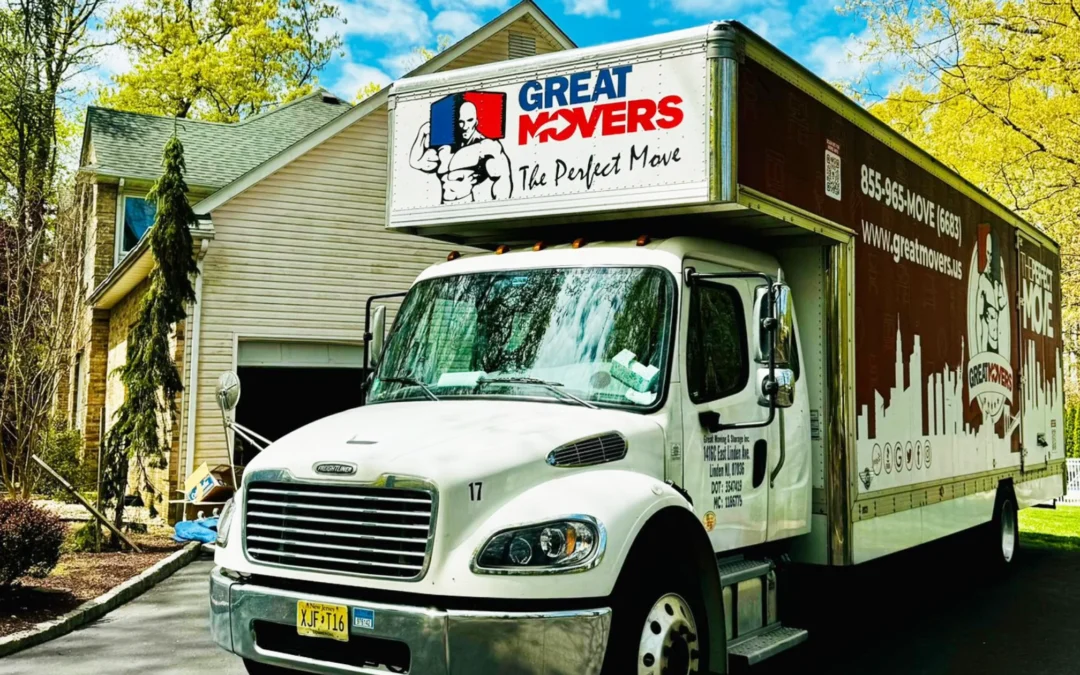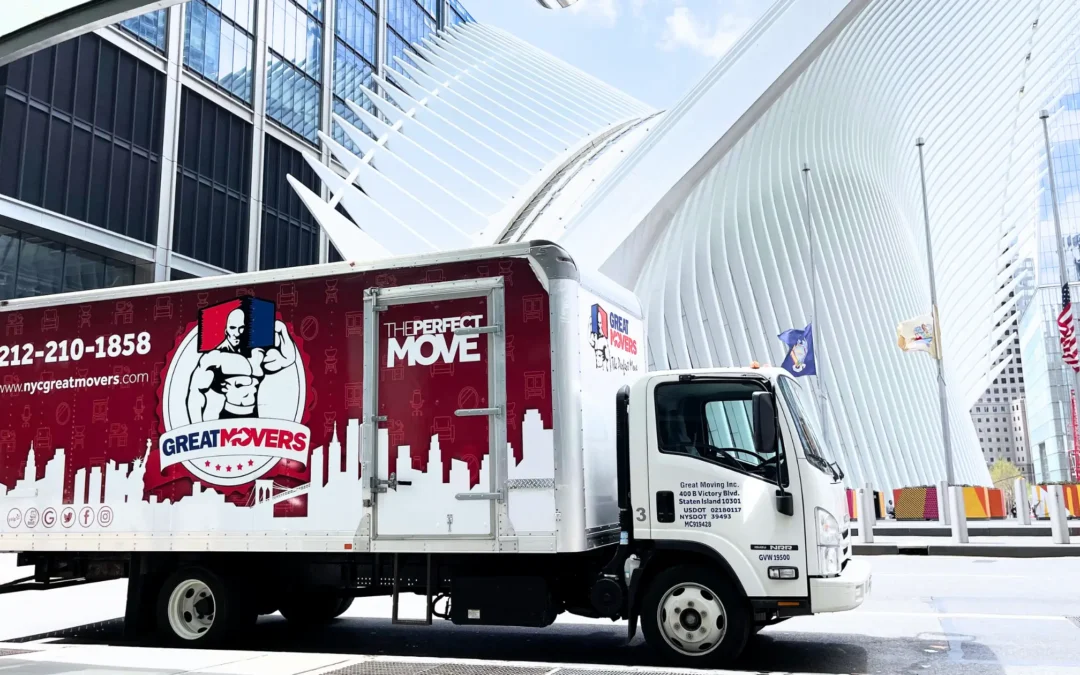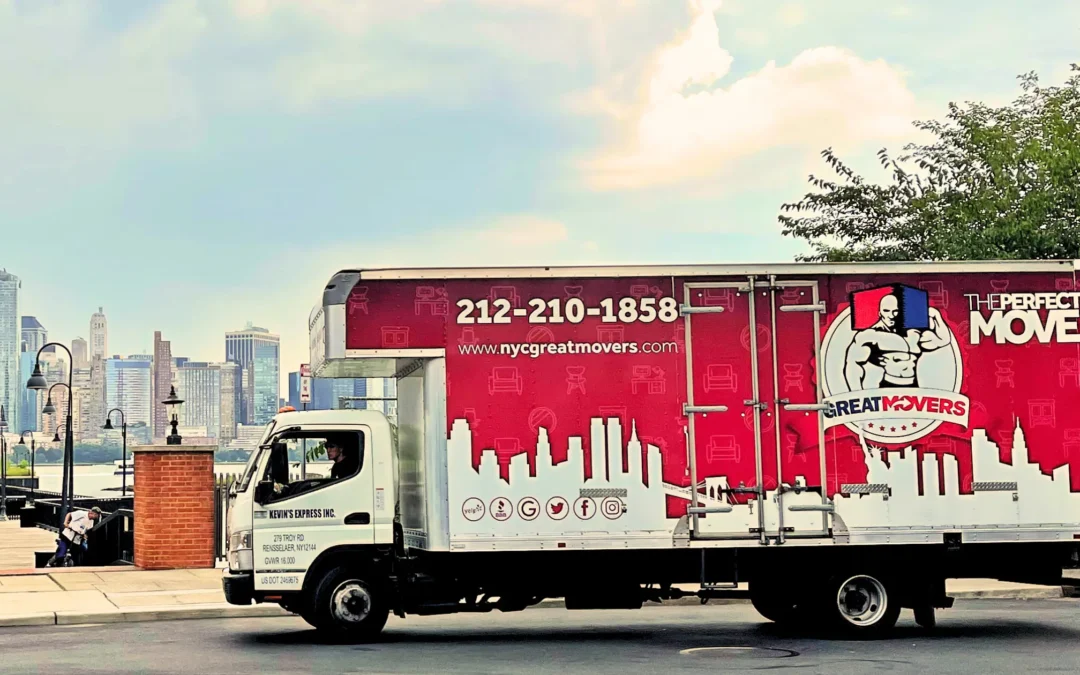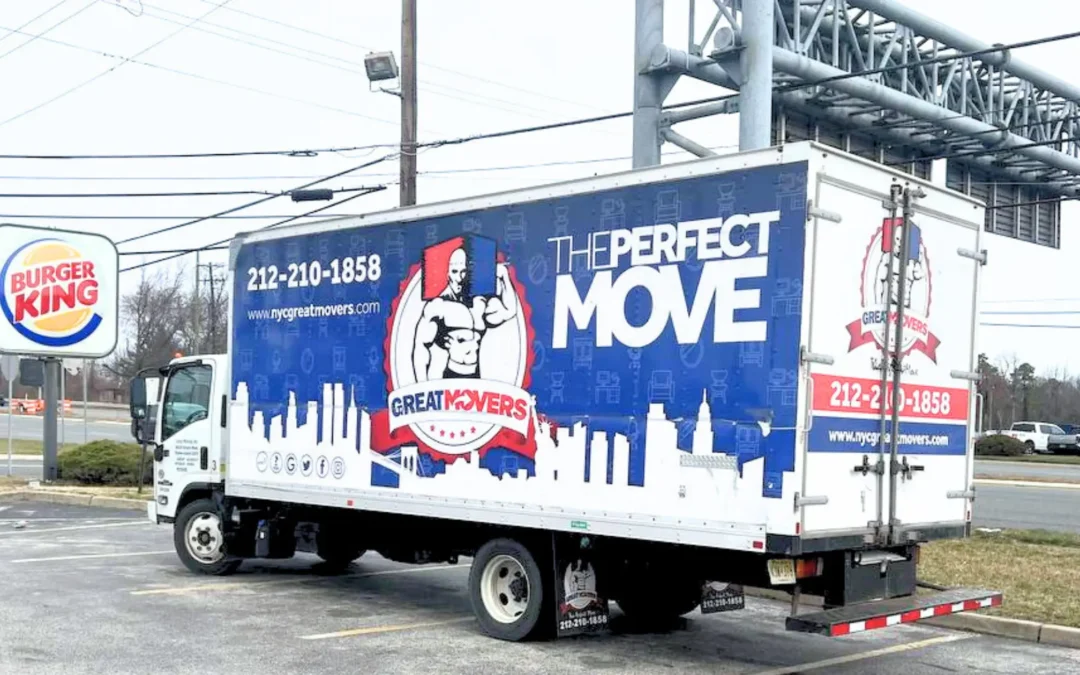Housing in NYC has never been cheap, but prices have only gone up for the most part. The only drop most people saw was from 2020-2021 during the height of the COVID pandemic. Since then, NYC rents have jumped almost 20 percent with one-bedroom apartments now averaging around $2,810. Thanks to restrictions loosening and increased vaccination rates, people are moving back to NYC at higher rates than in 2019. This surge in population has also led to a surge in rent prices. In fact, as of June 2023, New York City became the most expensive rental market in the nation, surpassing San Francisco.
Finding an affordable apartment in NYC isn’t easy, but if you’re okay with making a few concessions, you can definitely find something that won’t break the bank. Still, this isn’t an easy task and you will need to spend time looking and once you do find a place, you will need to move quickly. Otherwise, someone else will snatch up the apartment. The tips below can help you find an affordable place to live by NYC standards.
Know What You Can Afford
Most likely, rent will be your biggest expense. Most financial experts suggest that you should not pay more than 30 percent of your monthly gross income on housing (rent and utilities). So if you’re making $4,000 a month gross, then you should technically only be spending $1,200 on housing. Of course, if you’re like most young professionals, you will likely spend more than 30 percent of your income on housing, thus making you “rent-burdened.” Unsurprisingly, a majority of residents of NYC fall into this category with many people spending at least 50 percent of their paychecks on rent.
So how much can you expect to spend? Well, most landlords require you to earn around 40 to 50 times the rent in order to be eligible. So if you have a salary of $40,000 the most rent you could afford would be $1,000 a month. There are still apartments available at that price point, but they tend to be far away from Manhattan. If you’re okay with a long commute and living in a mostly residential neighborhood, you can definitely find something that fits the bill. With that said, these cheaper apartments are few and far between and the best way to find them is by word-of-mouth. If you are just moving to NYC, it can be hard to find these deals unless you already know people.
Of course, there are more options the more money you spend. If you want to live in a more lively neighborhood, you’ll really need to figure out your monthly budget and stick to it. Otherwise, you’ll end up in a mountain of debt!
Consider Roommates
You’ve probably heard horror stories from friends or colleagues about living with roommates. While there are always risks associated with living with another person, most adults tend to be respectful or, at the very least, want to avoid unnecessary drama. Before you decide to find a roommate, you should figure out your boundaries and needs. Ask yourself the following questions:
- Are you someone who prefers their apartment to be clean or are you okay with a little mess?
- Do you have pets? Are you allergic to any animals?
- How do you feel about splitting housing costs like food, toiletries, etc. or do you prefer people to pay and use their own items?
- What are your work hours? Do you go to bed early or are you a night owl?
- How do you feel about overnight guests?
- How do you expect to split up chores?
- Are you okay with smokers?
Once you have a good idea of your expectations, you can then try to look for roommate listings that match. This can be a grueling process, but it’s important to find a good match. When you chat with your potential roommates don’t be afraid to ask questions to figure out what kind of person they are. You’re interviewing them just as much as they are interviewing you. Once you do find a nice place and roommate, always make sure to talk about responsibilities like chores, splitting utilities, etc.
Living with roommates might not be ideal, but if you really want to live in a particular neighborhood, it might be the only way to do it. So if you really want to live in Williamsburg, then be prepared to share a space with one or even two other people. So long as everyone agrees with the ground rules, things should be fine.
Research Affordable Housing
There are two different types of affordable housing in NYC: public housing or housing lotteries. Both of these housing types have income restrictions, but there are some significant differences between the two.
Public Housing
The New York City Housing Authority (NYCHA) provides public housing in NYC and is the largest public housing authority in North America. Essentially, it provides assistance to eligible low- and moderate-income families so they can have a place to live. While there aren’t too many new public houses being built, there are over 300 public housing developments across all five boroughs. In order to quality for public housing you must you cannot exceed the following income limits:
- $79,200 for 1 person
- $90,500 for 2 people
- $101,800 for 3 people
- $113,100 for four people
If you have more people in your family, you can see the requirements directly on the NYCHA eligibility page.
If you fall within these income ranges, you can also qualify for Section 8 vouchers. Families will not pay more than 50 percent of their adjusted monthly income for rent and then the New York City Housing Authority (NYCHA) will pay the rest. In order to qualify for Section 8, you must comply with all the program requirements, which includes completing an annual certification, allowing home inspections, letting property managers in for repairs, and sticking to the terms of the lease.
Housing Lotteries
Similar to Section 8 housing, housing lotteries have an income restriction, however the upper limits tend to be much higher. Most of the buildings only allow you to make 30 percent of the average median income (AMI), so depending on the location of the building, you could find affordable housing even if you make $100,000! Besides having a maximum income limit, some locations have a minimum requirement so not just anyone can be eligible for these types of apartments.
Before 2020, there wasn’t an easy to access hub for information on all the housing lotteries in NYC. Luckily, you can now access all that information via NYC Housing Connect, an online portal for NYC’s affordable housing lotteries. You’ll find that most of these apartments are in newer developments instead of the older buildings found in the section 8 programs. That’s because developers who have at least 20 percent of their units take part in the affordable housing program receive a fairly hefty tax benefit from the city.
In addition to Housing Connect, there is also NYC Mitchelll-Lama Connect, a program designed to provide affordable rental and co-ops to moderate- and middle-income families. While also a housing lottery, it is separate from NYC Housing Connect and the apartments you find here will often be a bit on the older side and the waiting list might be significantly longer than what you might find at NYC Housing Connect. More importantly, you can use a Section 8 voucher for these apartments.
Avoid Moving During Peak Season
New York City is home to more than half a million university students. While many live in the dorms, there are plenty of renters mixed in. Since school runs from August/September until May, it makes sense that there’s a lot of activity from May-September. Since there’s a higher demand for apartments during the spring to early fall, many owners and management companies also work hard to ensure leases end during this time. However, if you can you should try to move in the winter for the following reasons:
- Rent prices are significantly lower in the winter months than summer months. If you can get a rent-stabilized apartment, you’ll end up saving big in the long run.
- You might not have to pay a broker’s fee as there are fewer people on the market in the winter months and owners are more willing to pay the broker’s fee to fill the vacancies.
- There’s more flexibility when your lease officially starts as there’s less competition. So even if you close a deal on December 15th, you might be able to move on January 1st. That way you’ll avoid paying for an apartment you’re not living in yet.
- Some owners might offer some incentives to entice renters during the colder months. That might mean something like a flat-screen TV or maybe even one month of free rent.
- You have more negotiation power during the colder months. While there might be less inventory, there are also fewer people looking so you might be able to reduce the rent by a hundred dollars or more.
Tell Everyone You’re Looking
Some of the best deals on the market are not listed on any website. So make a post on whatever social media you use and see if you get any leads. You never know who might have some connections. You should also tap your professional network as well to see if they might have any leads. If you don’t feel comfortable asking your boss, stick with your co-workers. They might have some friends who are looking for roommates or maybe even people looking to break lease for whatever reason and you might be able to get a good deal. You can even reach out to former brokers you worked with to see if they have any listings that haven’t hit the market yet. Of course, that’s if you have a good relationship with them!
If all else fails, there are plenty of websites where you can go to find apartments and roommates. Streeteasy and Zillow are excellent options if you are looking for your own place. For those who need a roommate, Facebook Marketplace and Craigslist are great options though you should always be on alert for potential scams. To avoid scams, make sure to do the following:
- Trust your gut – if something feels too good to be true, it probably is. Don’t jump into a deal if it doesn’t feel right.
- Wire transfers are a red flag – if a roommate or prospective candidate starts talking about wiring money via Western Union or a similar service, walk away. These scams will often wire more money than the actual amount and then ask you – the victim – to send the overage to a third party. You might send the money along but then later find out the transfer is bogus and you’re out of cash.
- Meet in person – beware the roomie that wants to rent but can’t meet up. It probably means the room doesn’t exist.
- Pay attention to their online profiles and communication – make sure their email domains seem legit and check out their social media to see if they’re actually real people
Conclusion
New York City has never been a cheap place to live, but that doesn’t mean you can’t find a way to make it work. It might take a bit more time and patience, but you’ll be able to find a place that meets your budget to buy affordable apartment in NYC. And once you do, make sure to reach out to reputable moving companies (like us) to make your actual move fast and stress-free.
FAQ
How do I know if an apartment is rent-stabilized?
You will have to contact NYS Homes and Community renewal to see if your apartment is rent-stabilized. You can also check out the Rent Guidelines Board to see if the apartment building is listed.
Do I need to pay a broker’s fee?
It depends. If you’re working with a broker directly, chances are you will have to pay up to 15% of a year’s worth of rent. Some management companies will pay the broker directly but might tack on the cost to your rent. If you’re renting directly from a small landlord, you probably won’t have to deal with a broker’s fee.
Can I qualify for public housing if I live with roommates?
No, you must meet NYCHA’s definition of family, which includes: Two or more people related by blood, marriage, domestic partnership, adoption, guardianship, or court-awarded custody, A single person






